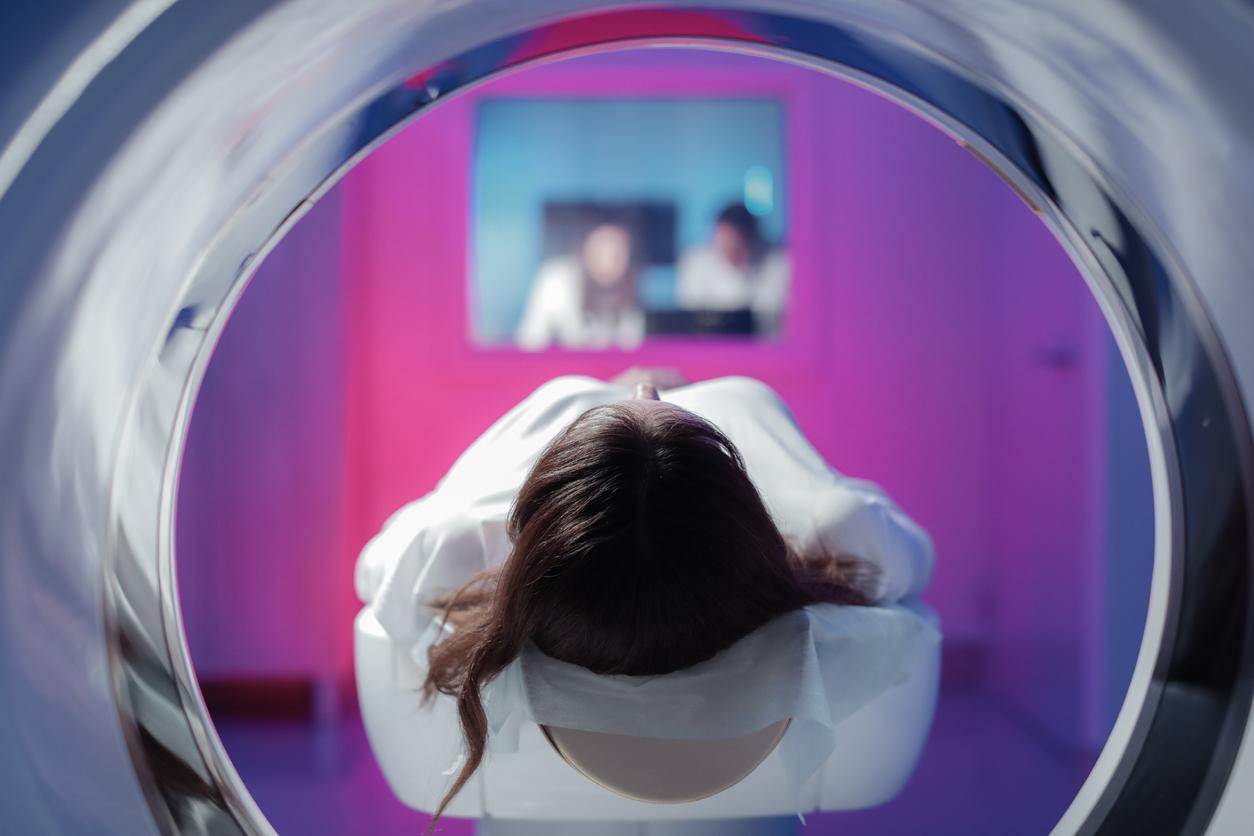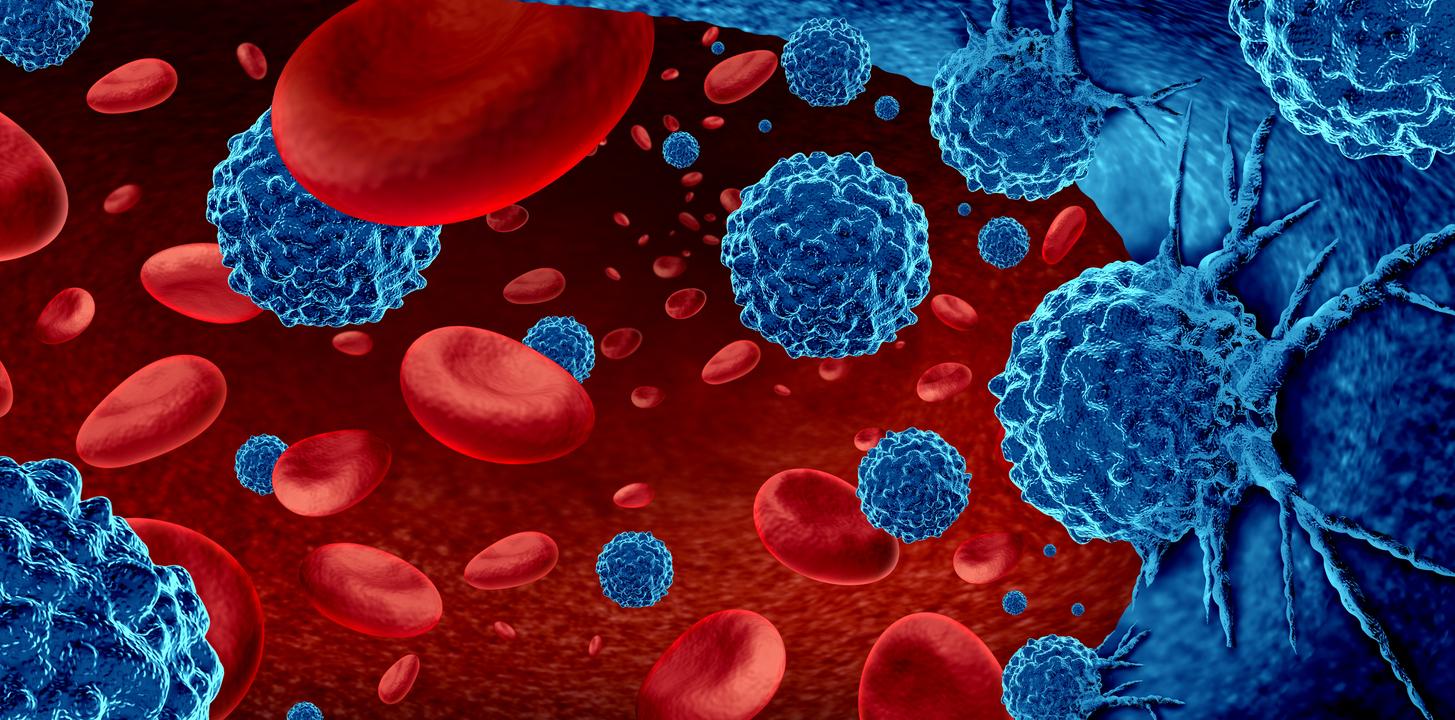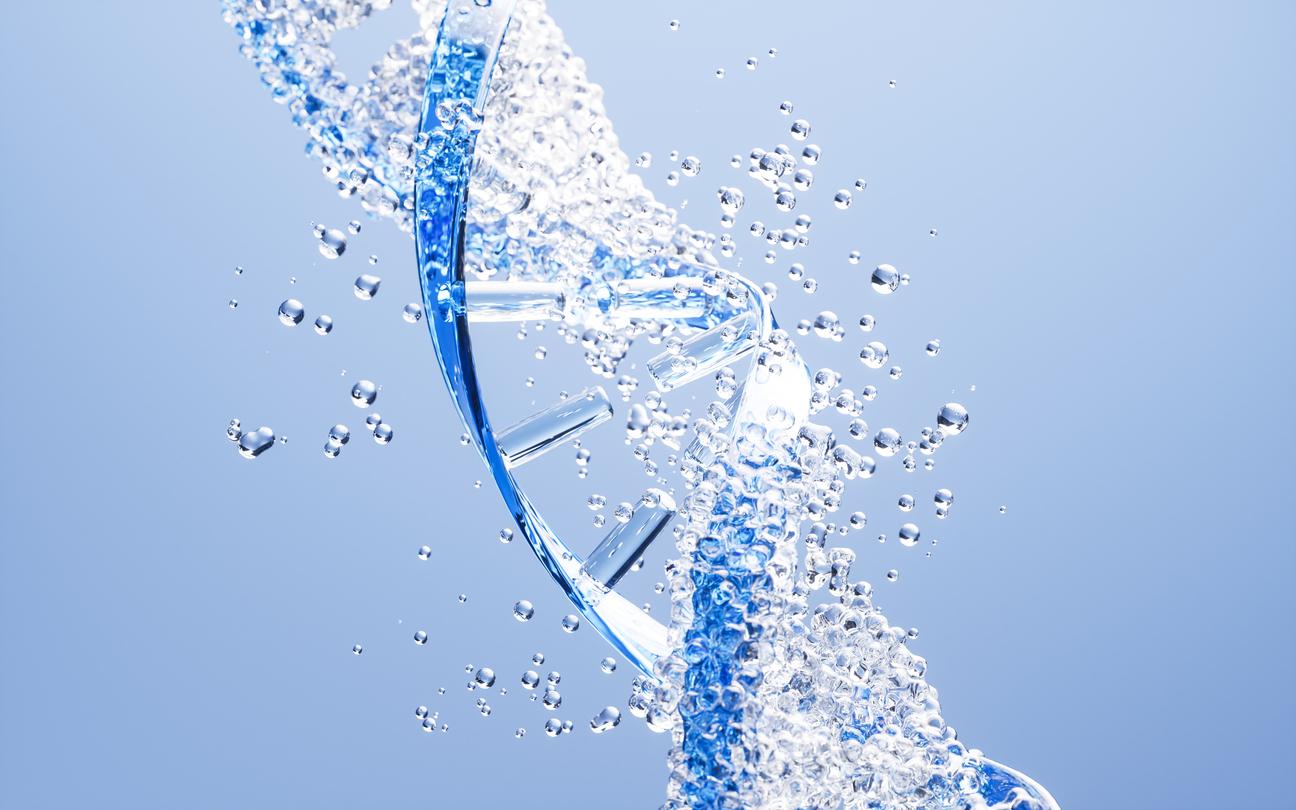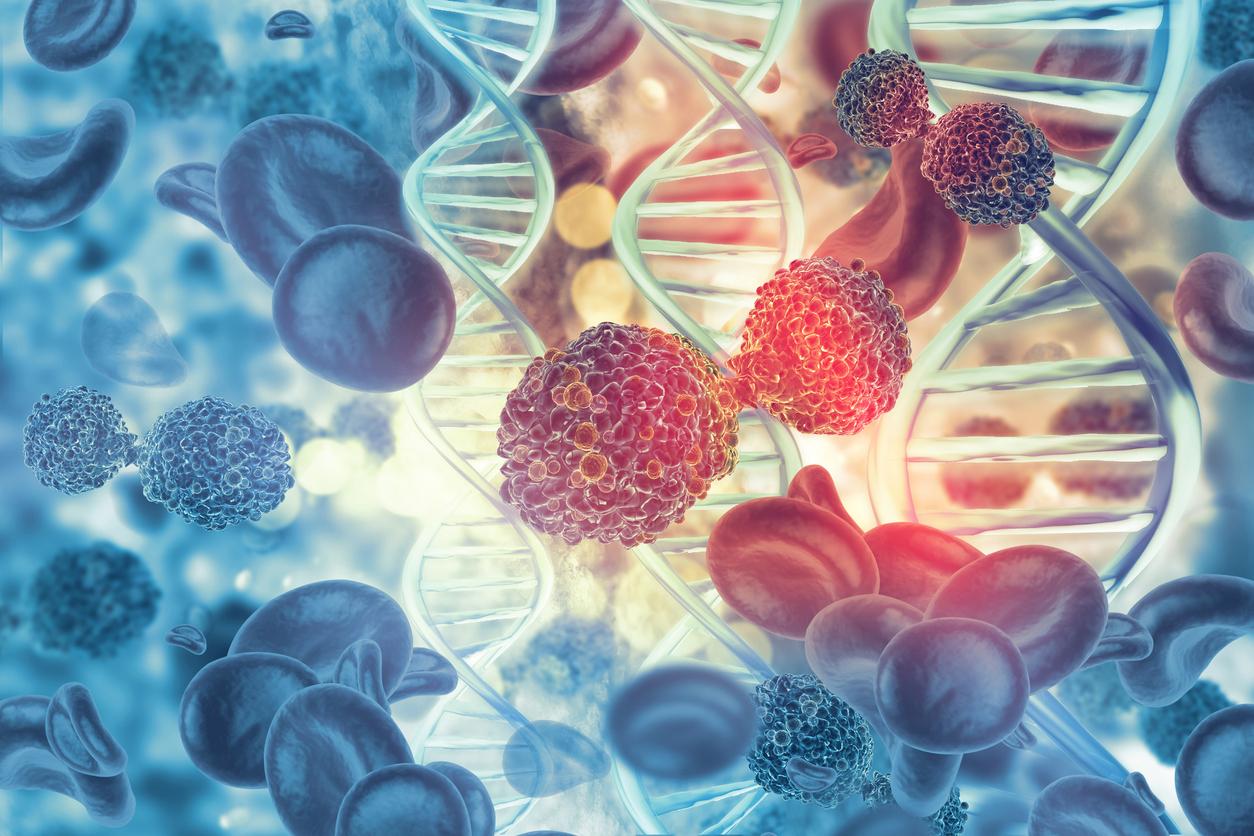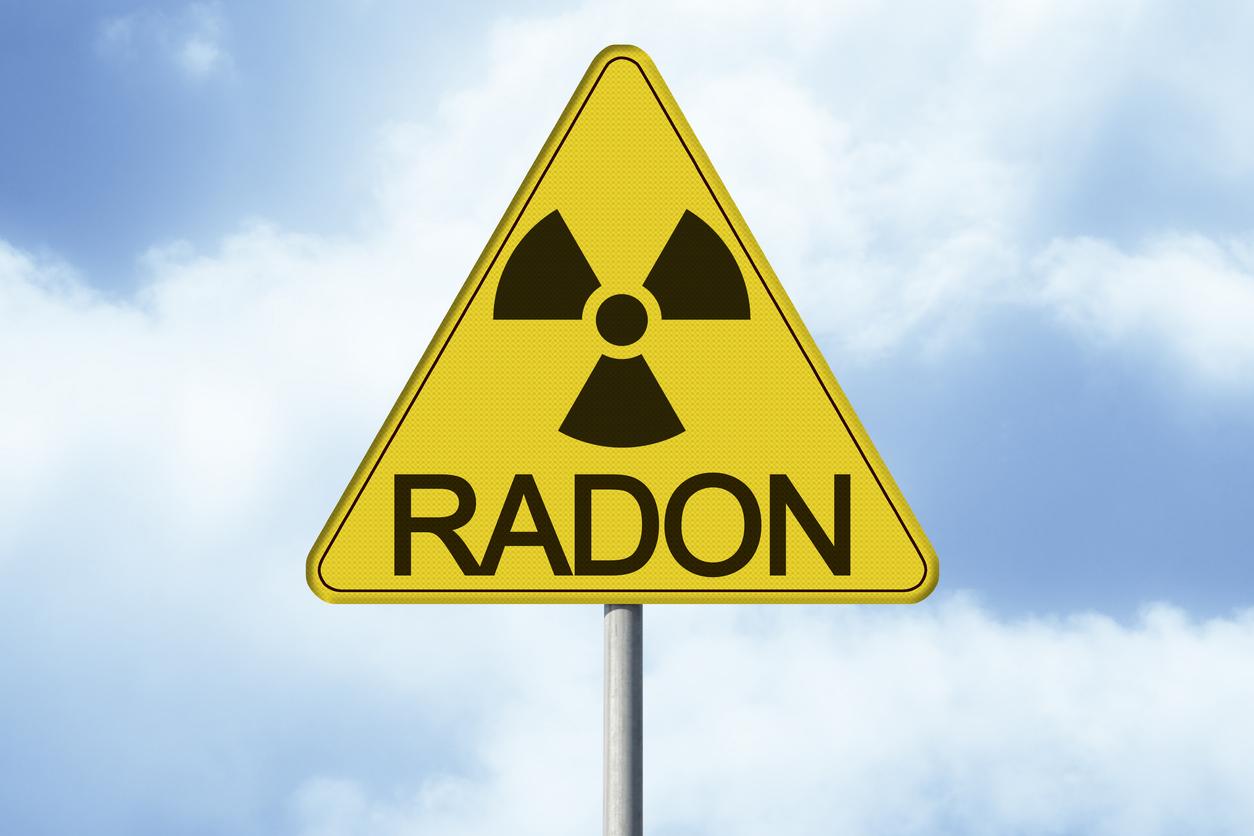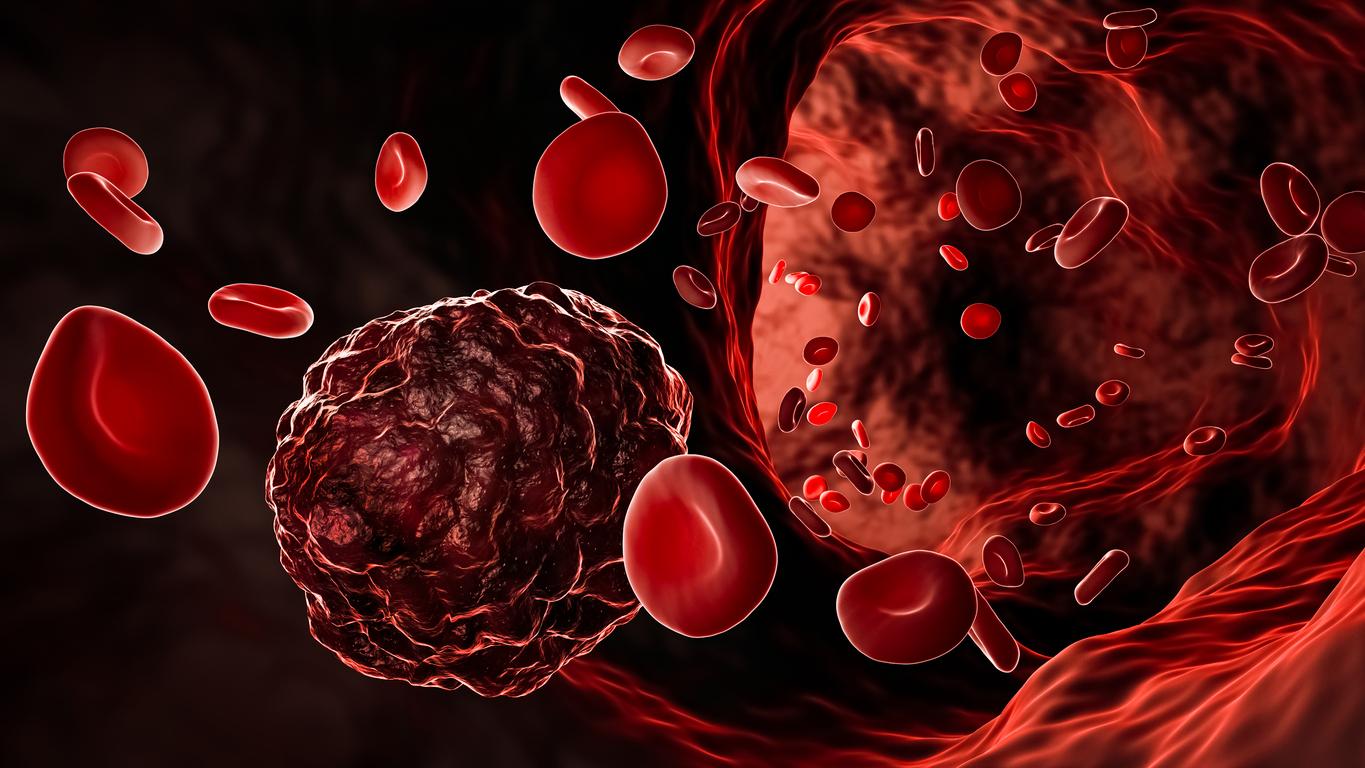In the UK, a young patient has become the first patient in the world to receive genetically modified CAR-T cells to treat her acute lymphoblastic T-cell leukemia. Now all traces of her blood cancer are gone.
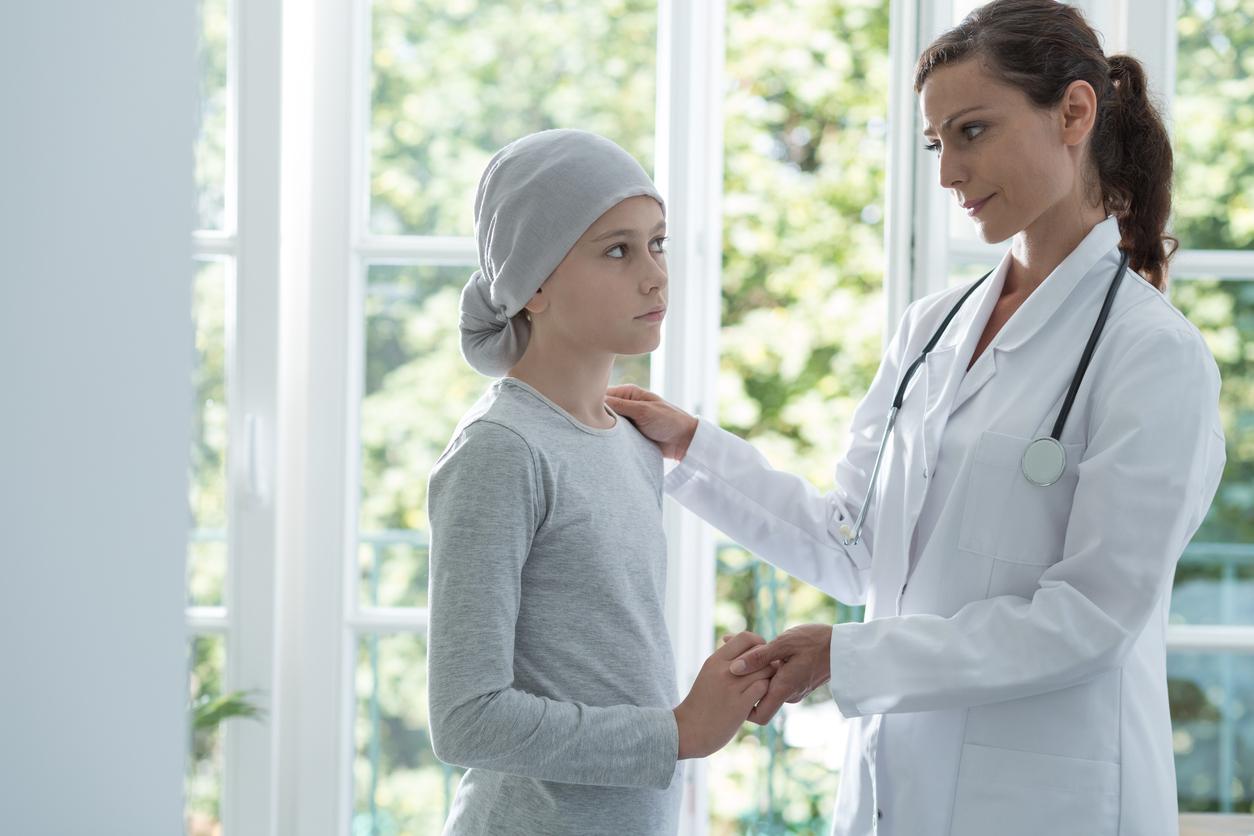
- T lymphocytes are part of a category of white blood cells that play a very important role in the body’s defences.
- They are responsible for the cellular immune response aimed at destroying pathogens, both bacteria and cancer cells.
In 2021, 13-year-old Alyssa was often sick. For a time, his family believed that colds, viruses and general fatigue were responsible for his condition. But in May, the resident of Leicester (England) was diagnosed with acute lymphoblastic T-cell leukemia. It is a blood cancer that affects white blood cells. Following this announcement, the teenager benefited from all current conventional therapies, such as chemotherapy and a bone marrow transplant, to treat her leukemia. Unfortunately, the medical team at hospitals in Leicester and Sheffield failed to control the illness, which recurred.
Blood cancer: “the first six months are the most important”
Problem: No other therapeutic method was available as part of routine care. The only possible option: palliative care. After lengthy discussions with healthcare professionals, Alyssa and her family decided to be the first to participate in a new clinical trial of an experimental treatment. “The doctors said the first six months are the most important. We kept thinking ‘if they can get rid of her, just once, she’ll be fine'”, Kiona saidthe girl’s mother.
“Universal” CAR-T cells to hunt down and kill cancer cells
In May 2022, Alyssa was admitted to the Bone Marrow Transplant Unit at Great Ormond Street Hospital (GOSH) to receive “universal” (non-blood type matched) CAR-T cells made from a healthy donor . In detail, CAR-T cells have been genetically engineered using new genome-editing technology to enable them to identify and kill cancerous T cells without attacking each other.
Leukemia: remission 28 days after experimental treatment
28 days later, the young patient was in remission and received a second bone marrow transplant to restore her immune system. Today, six months after the transplant, she is doing well, is at home with her family and is still being followed by doctors. “Alyssa wants to go back to school and it could become a reality soon. (…) To be honest, we are on a strange cloud. It is incredible to be at home with her”, confided his mother.
A clinical trial open to 10 patients to test the treatment
Now, researchers and doctors have opened a clinical trial for the treatment, received by Alyssa. They want to enroll up to 10 patients with T-cell acute lymphoblastic leukemia, who have used and shown resistance to all conventional treatments.
“Alyssa’s story is a good example of how, with expert teams and infrastructure, we can combine cutting-edge technologies in the laboratory with real results for patients in the hospital. This is our most advanced cellular engineering. sophisticated to date, which paves the way for other new treatments and, ultimately, a better future for sick children.(…) We look forward to continuing our research and bringing it to the benefit of patients who most need”, said Waseem Qasim, professor of cell and gene therapy at theUniversity College London.











